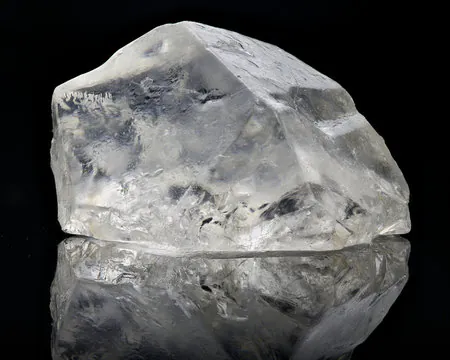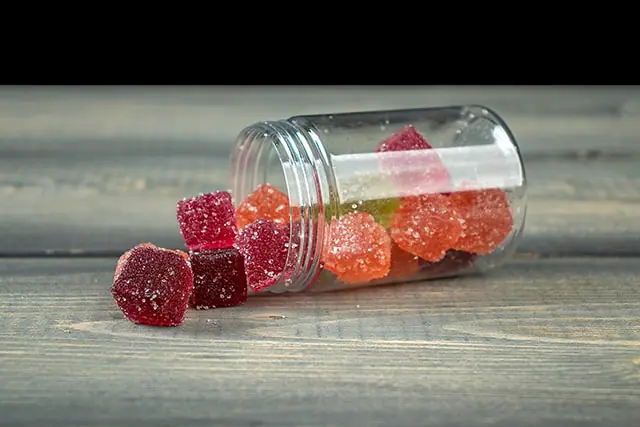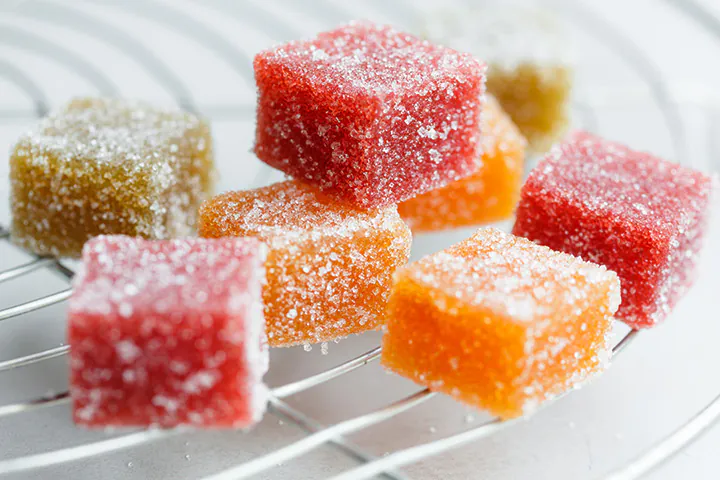HHCA Isolate Deep Dive
Introduction to HHCA Isolate
HHCA Isolate represents a pinnacle of cannabinoid refinement, positioning itself as a key player in the advancement of cannabis concentrates. This substance, acting as the precursor to Hexahydrocannabinol (HHC), showcases the innovation within the cannabinoid industry by transforming Delta 9 THC into a more stable and potent form through hydrogenation. This process not only enhances its stability but also sets the stage for its conversion into HHC, particularly when exposed to heat, as in smoking.
The Transformation Process
The core of HHCA’s appeal lies in its unique chemical transformation. The hydrogenation process it undergoes removes double bonds from Delta 9 THC, making it more resistant to oxidation and stable over time. This stability is crucial for maintaining the isolate’s potency and ensuring a consistent experience for the user. Furthermore, when HHCA Isolate is smoked, it decarboxylates, converting into HHC and unleashing its psychoactive effects, which range from mild pain relief to a pleasurable cerebral sensation.
Consumption Methods and Effects
Smoking remains the primary method for consuming HHCA Isolate, offering users a direct pathway to experience its effects. This method not only facilitates the immediate enjoyment of HHCA’s benefits but also activates the compound through decarboxylation, transforming it into HHC. The inclusion of therapeutic terpenes during the production process enriches the isolate further, enabling a spectrum of experiences from enhanced euphoria to relaxation and an energetic high.
Commitment to Quality and Safety
The production of HHCA Isolate is marked by a stringent commitment to quality and safety. Manufacturers ensure that their products undergo comprehensive testing by accredited third-party laboratories. This dedication to excellence guarantees that HHCA meets the highest standards of purity and potency, offering users a trustworthy and superior cannabinoid experience.
Continuous Innovation
HHCA Isolate stands as a testament to the innovative and evolving landscape of the cannabis industry. As the precursor to HHC, its unique properties and the transformative potential through smoking highlight its significance. Whether users are drawn to its psychoactive capabilities, therapeutic benefits, or simply its quality as a concentrate, HHCA embodies cutting-edge cannabinoid science and technology.

THCA Isolate Deep Dive
Introduction to THCA Isolate
THCA Isolate stands as a testament to the purity and potential within the realm of cannabis concentrates. As the non-psychoactive precursor to THC, THCA Isolate holds a unique place in the cannabis spectrum, offering users a distinct array of benefits and uses. Its journey from extraction to application showcases the compound’s versatility and its significant role in both recreational and medicinal contexts.
The Extraction and Purity of THCA
The creation of THCA Isolate is a testament to advanced cannabis extraction techniques, aiming to preserve the compound’s raw and potent state. This meticulous process results in a crystalline form of THCA, nearly pure, highlighting its potential as a powerhouse of therapeutic and psychoactive possibilities. The high concentration of THCA, coupled with its purity, makes the isolate an ideal candidate for various applications, emphasizing its importance in the cannabis industry.
Decarboxylation: The Transformation to THC
A pivotal aspect of THCA Isolate’s functionality is its ability to convert into THC through decarboxylation, a process that occurs at an efficient rate of approximately 87.7% when heated. This transformation is crucial for users seeking the psychoactive effects associated with THC, allowing for precise control over the experience. The decarboxylation process not only unlocks the psychoactive potential of THCA but also ensures that users can anticipate the outcome, making it a preferred choice for those looking to tailor their cannabis experience.
Commitment to Quality and Research
The production and application of THCA Isolate underscore the cannabis industry’s commitment to quality, safety, and innovation. With products subjected to rigorous testing and research, THCA Isolate represents the forefront of cannabis science, promising to play a significant role in future therapeutic and recreational developments. The ongoing exploration of its properties and effects continues to enhance our understanding and utilization of cannabis compounds.
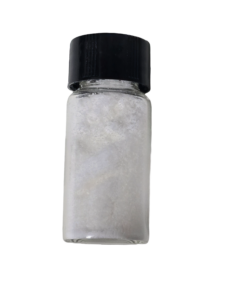
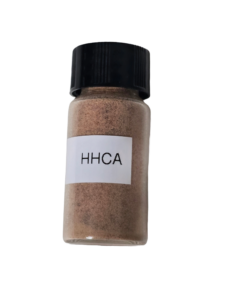
Comparing HHCA Isolate to THCA Isolate: A Detailed Analysis
The cannabis industry’s evolution has brought forward a deep diversity of cannabinoids, each offering unique properties and benefits. Among these, HHCA and THCA Isolates stand out for their distinct characteristics, applications, and potential in both recreational and medicinal contexts. This section delves into a comparative analysis of these two industry-leading cannabinoids, highlighting their importance and the nuanced differences that set them apart.
Chemical Structure and Conversion Processes
HHCA Isolate: A Precursor to HHC
HHCA Isolate, derived from Delta 9 THC through hydrogenation, transforms into HHC upon decarboxylation, especially when exposed to heat during smoking. This process not only stabilizes the compound but also enhances its psychoactive potential, offering users a unique and potent experience.
THCA Isolate: Transforming into THC
Similarly, THCA Isolate serves as the non-psychoactive precursor to THC. It undergoes decarboxylation at an efficient rate of 87.7% when heated, converting it into THC and unlocking its psychoactive effects. This conversion rate is crucial for users seeking control over their experience, particularly in recreational use.
Psychoactive Properties and Applications
Psychoactive Potential
A key difference between THCA and HHCA Isolates lies in their psychoactive properties. HHCA’s transformation into HHC upon smoking introduces psychoactive effects, while THCA does the same in its transformation to THC. It is worth noting that THCA conversion to THC will be significantly stronger than that of HHCA to HHC. This distinction is vital for consumers choosing between the varying strengths and effects of these compounds.
Versatility in Consumption
Both isolates demonstrate comparable versatility in consumption methods, primarily through smoking, dabbing, and vaping. The choice of consumption method influences the onset and intensity of effects, catering to diverse user preferences and needs.
Quality Assurance and Consumer Trust
Commitment to Safety
Both HHCA and THCA Isolates should be produced with a commitment to quality and safety, undergoing rigorous testing to ensure purity and potency. This dedication will reassure consumers and medical patients alike, fostering trust and reliability in these products.
Conclusion: A Comparative Overview
In the exploration of HHCA and THCA Isolate, it’s evident that their similarities shine a light on the broader capabilities and potential of cannabinoids. Both undergo decarboxylation processes that activate their psychoactive effects, showcasing the dynamic and adaptable nature of cannabis compounds. This shared characteristic underscores not only the scientific intrigue but also the practical applications that cater to a wide array of consumer preferences and needs. As the cannabis industry continues to evolve, the comparative analysis of HHCA and THCA Isolates reveals more about the collective advancements in cannabinoid research than their distinctions. Their journey highlights the ongoing quest for understanding the complex interplay between cannabis chemistry and its effects, promising exciting developments for both recreational and medicinal cannabis communities.
HHCA Isolate is a highly concentrated form of Hexahydrocannabinol acid, serving as the precursor to HHC, while THCA Isolate is the non-psychoactive precursor to THC. Both are derived from cannabis and undergo processes that can convert them into their psychoactive counterparts.
HHCA Isolate, when decarboxylated (exposed to heat), converts into HHC, offering psychoactive effects. THCA Isolate also becomes psychoactive upon decarboxylation, converting into THC. The intensity of the psychoactive effects may vary, with THCA potentially providing a more potent experience due to its direct conversion into THC.
Yes, both isolates have potential medicinal applications. The studies for these potential applications have been more focused on ingesting these compounds as opposed to smoking.
The legality of HHCA and THCA Isolates can vary by jurisdiction. It largely depends on local cannabis laws, including regulations around THC and its precursors. It's important to check the legal status in your area before acquiring or using these compounds.
Both isolates can be consumed in various ways, including smoking, vaping, and dabbing. The method of consumption often depends on the user's preference and the desired effects. Smoking is a common method for both, as it facilitates the decarboxylation process, activating their psychoactive properties. If these compounds are not activated by heat they will lack an psychoactive effects.
Consumers should look for products tested by accredited third-party laboratories. Quality assurance testing for purity, potency, and the absence of contaminants is crucial. Reputable brands will often provide lab reports or certificates of analysis to demonstrate their product's quality and safety.

